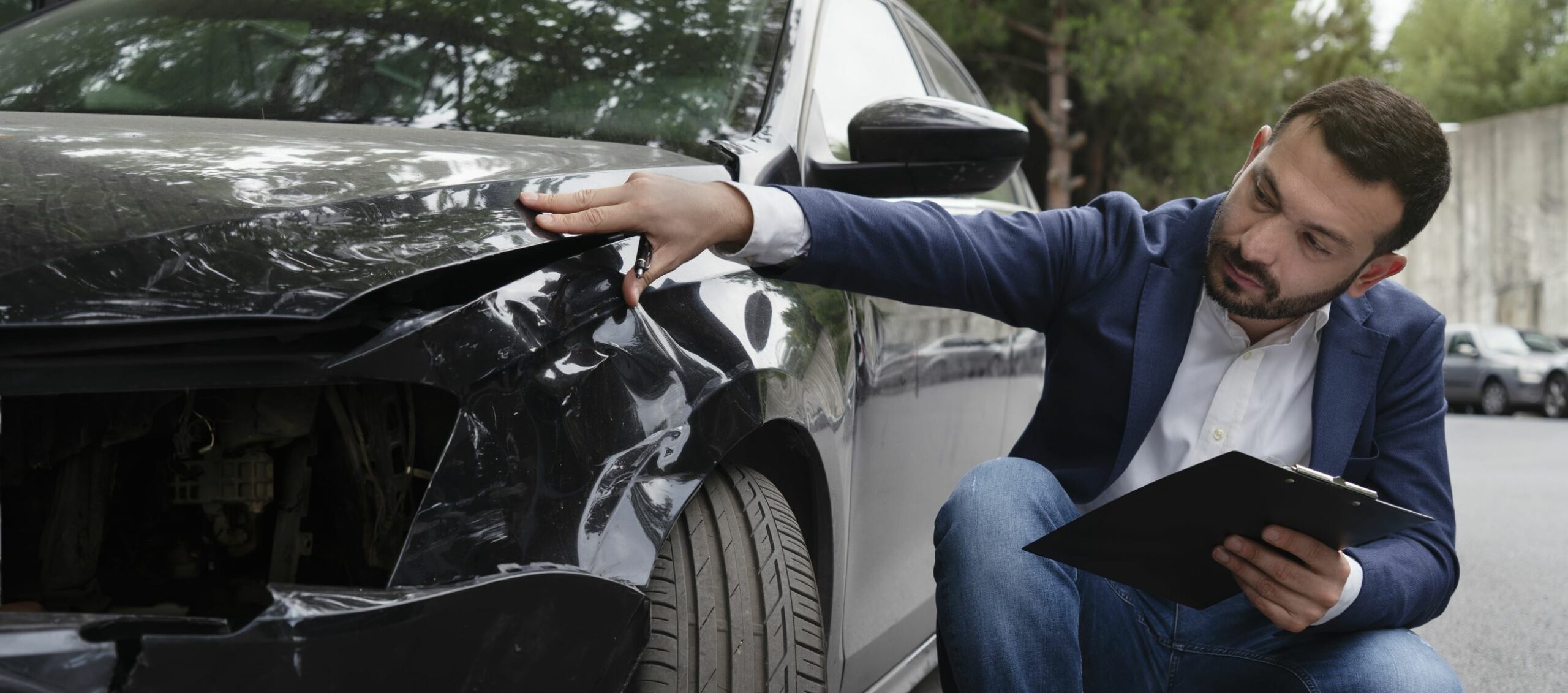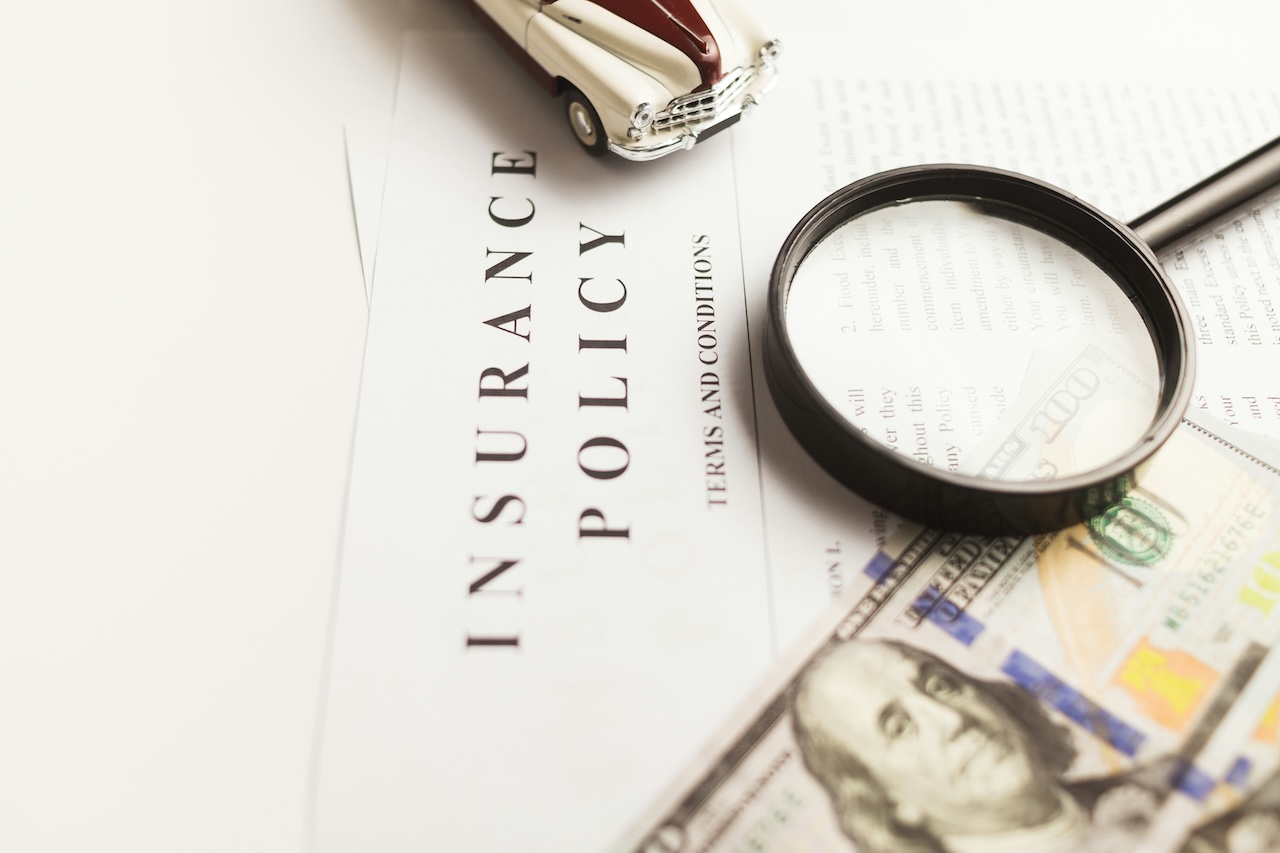Car accidents can happen when you least expect them to. As such, you should arm yourself with the information you need in order to pursue reimbursement for your out-of-pocket expenses, lost wages, and other related damages.
Below, we discuss how Virginia’s fault laws can impact you, how exactly fault is proven, and the importance of hiring a local attorney who can help you negotiate on your behalf with the insurance company.
What is contributory negligence?
When it comes to Virginia car accidents, the driver who is determined to be at fault for the crash will be liable to pay the damages of any persons involved—typically, this means that their auto insurance company will be responsible for the reimbursement.
However, some car accidents occur not by the fault of one of the drivers, but both of the drivers involved. Let’s say that the other driver made a negligent turn right in front of you, but you were found to be going slightly over the speed limit. The other driver was mostly at fault, so they should be, at the very least, help to a greater degree of accountability than you, right?
In Virginia, the answer is no. This is one of the handful of states that follows a “contributory negligence” rule when it comes to injury claims. Essentially, this means that a driver who is found to be even 1% at fault for an accident is barred pursuing money damages against the driver or their insurance company.
How can I prove the other driver was at fault?
The insurance adjuster investigating your accident will be guided by the contributory negligence rule. As we know, insurance companies will do everything within their power to find a way to deny claims.
With this in mind, they may try to come up with a way to put a small percent of the fault on you. The adjuster may spin a slight detail of the accident, a piece of evidence, or your own statement in order to prove this. Remember, they don’t have to prove the entire accident was your fault, but just that you were even slightly responsible. In order to ensure that your case is built on solid ground and the insurance company does not take advantage of your rights, gathering evidence and taking the right steps is absolutely critical:
- Take photos and videos of the accident scene, including the vehicles, your injuries, road hazards, and surrounding scene
- Call 9-1-1 and give an official statement to police about what happened
- Exchange information with any witnesses that saw the accident
- Do not give a recorded statement to the insurance company without speaking with an attorney
Should I negociate with the insurance company?
You should not let the contributory negligence rule stop you from exploring your legal options after a car accident. Oftentimes, fault is not what it seems to be at first glance, so don’t assume that you bear a percentage of fault without speaking with a car accident attorney.
Even if the insurance company tries to claim that you did something wrong, they have their own agenda. Do not take their word as the end-all-be-all. Your attorney will be able to review the details of your specific accident and gather the evidence as needed to move the odds in your favor. They will work to answer specific questions to show fault, such as:
- What duty did each driver have at the time of the accident?
- Were any traffic laws broken?
- Was either of the drivers impaired or distracted?
- What steps did the drivers take to avoid getting into a crash?
Advocating on behalf of those injured across Virginia
Dealing with the aftermath of a car accident is stressful enough. Determining liability for your accident and having to negotiate with the insurance company is an extra burden that you should not have to do alone.
As a family-based law firm, we understand just how much one singular accident can impact your life and that of your entire family. At Huffman & Huffman, our Newport News car accident attorneys are dedicated to taking the stress off of your shoulders so you can focus on healing the right way.
Our family is here to help yours. Contact Huffman & Huffman at (757) 599-6050 to get started with your no-fee, no-obligation consultation.
 Text Us
Text Us  Call Us
Call Us 







